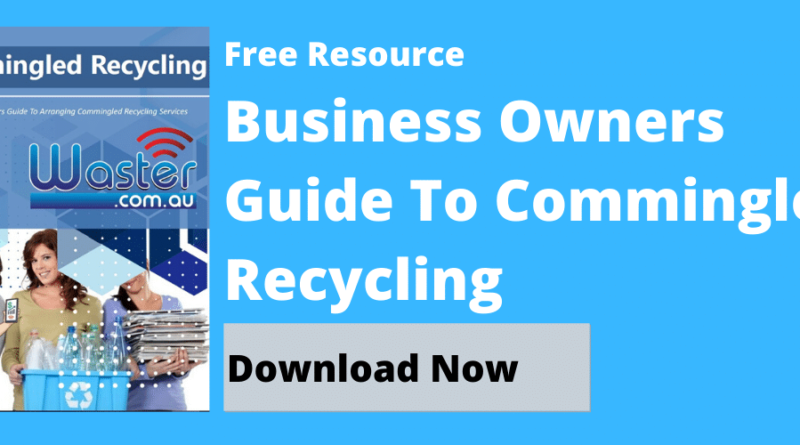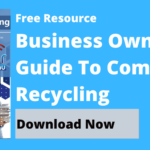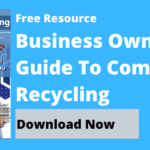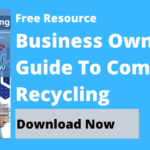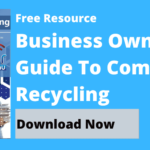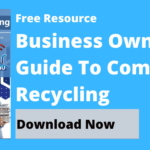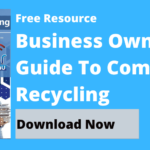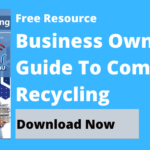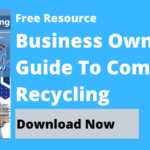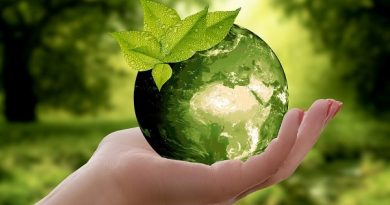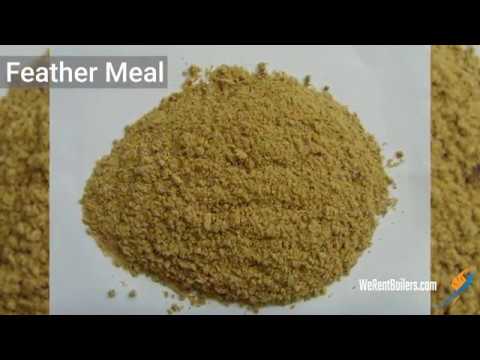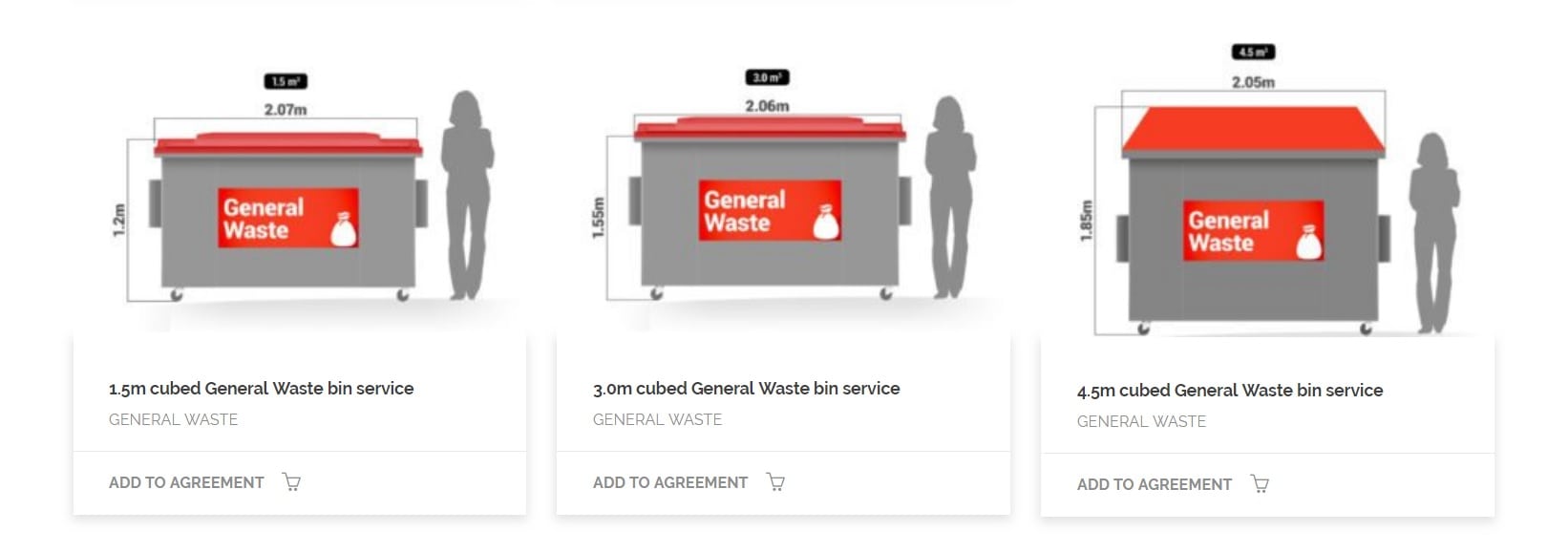Used Cooking Oil Recycling (And/Or Upcycling) ♻️ Podcast Ep. 17 Don’t Be A Waster
Energy Disrupter
Used Cooking Oil Recycling ♻️ Podcast Ep. 17 Don’t Be A Waster
In this episode of our podcast on all things recycling – we discuss some things you need to know about used cooking oil recycling.
Listen on Apple Podcasts Listen on Spotify Listen on Google Podcasts Listen on Stitcher Listen on Amazon Music
Hello and welcome to another episode of our recycling podcast: Recycle, Don’t Be A Waster. In today’s episode, we will cover something a bit… a bit topical, I guess. There’s lots of news coverage in the media about oil prices gas prices oil shortages all that sort of stuff it feels almost like we’re back to the 70s with escalating oil prices and different things. So in today’s episode, we will cover a little bit of a how recycling can help… can help oil prices how recycling can help fuel and decrease the need for new carbon fuels or, you know, carbon-based fuels like petrol.
So often when we do these podcasts and we research or look into some recycling issues, we often find that that old saying there’s nothing new under the sun is often true and one thing we see is like recycling which we often think of as a very modern activity as a very, you know or, high-tech and newfangled thing is actually not as new as we think so what we’ll cover today is oil cooking oil and cooking oil and what is used in restaurants fast food restaurants chip shops those sort of places where they’re using large amounts of cooking oil so the first thing to point out I think we may have covered this on another podcast that obviously you should not pour cooking oil down the sink.
I had a colleague recently saying that in the Sydney floods this week there’s a lot of topical stories in this podcast we’re living in interesting times in the in the in the Sydney floods this week his dreams were blocked so when they called out a plumber they found that somebody had been pouring large amounts of cooking oil down the drains and of course what happens when you do that is when the cooking oil gets away from the sun and the light and it goes cold at night it hardens and blocks the pipes and of course that is a reason for grease traps but so yeah the lesson there is no nobody should be pouring oil or grease down sinks or drains obviously that will create much more problems than it solves so what should be done with cooking oil first thing is you should not reuse cooking oil because it can be dangerous and there are there are medical issues regarding that and of course any restaurant or business doing that would soon sooner or later lose their customer base and likely be shut down
So what should you do with this oil – and thankfully in Australia nearly all commercial cooking oil is collected for recycling or should I say upcycling – so with the definition of the difference between upcycling and recycling would be using it for the same thing again i.e. cooking oil but upcycling is taking that oil which was previously used to cook food and still is the vast majority of its of its benefits of his calories etc in there and we can use that then to create biofuel, I think.
We’re nearly all in Australia in 2022 and most countries we’re very used to seeing the e10 I think it’s called unleaded fuel at the pumps it’s often green labelled or a certain colour and that indicates that a certain percentage of plant-based oils are in that fuel to dilute it down and to I suppose to make it go further so often that is you know plant-based oils a lot of it is coming imported from Latin America but also a lot of it can be coming from used cooking oil so say you operate a fast food restaurant a chip shop and you have large amounts of cooking oil you’re talking large very large numbers of leaders how do you get rid of this you can use companies such as oz call Auscol which is certainly the leading player in Australia
It’s a part of the Grain Corp organization and it’s been active in this space for 50 years or more whereby in in very many cases they will provide your business with a container you know a large drum or some containing containment measurement system and then they will come on a regular basis depending on your needs and empty that and take away the oil this is generally a free service because obviously the company always call gets benefit from that used oil and you benefit from not having to pay to dispose of it so they take this away and the put it through a chemical or a process and that process then turns it into a biodiesel or biofuel that is used to add to your petrol and helps fuel your cars and reduce Australia’s need for you know relying on international markets for buying our petrol which is obviously good for the environment so it’s a good news story.
It’s surprising to accept that it’s been around for you know 50 or 60 years just for just for reading the information I’m reading here just reading on the on the internet about it how many people places use it so upcycling is the process of transforming a waste product into something of greater value a biodiesel is the best thing that can happen to our used cooking oil I certainly agree with that and they provide this service currently just from their website they’re currently servicing more than 5 000 Australian restaurants fast food outlets shopping centres and food manufacturers so it is a good news story it’s one of those it’s a classic example of what we call resource recovery where it’s a valuable product it’s a valuable material and by reusing it by recycling it we save money we save the economy money we save the environment and like, I suppose everybody wins.
Auscol is financially incentivized to do it the customers you know the fast food restaurants are also insane device to work with them and then of course with fingers crossed that keeps down our federal prices at the pumps and it reduces our need for importation and it reduces the need for you know more drilling and all that stuff until you know we’ve better ways of powering our cars you know they’re probably the current petrol based or even the electrical cars we have at the moment which you know which clearly come with significant side effects through batteries and producing the batteries and that’s something we’ll cover in a future episode but yeah we leave it there today and I think in a future episode we’ll also cover how plastic can be turned into oil and which again is it’s a related topic and I think it’s pertinent at this point in time in considering the news so have a great day and remember: Recycle, Don’t Be A Waster!


